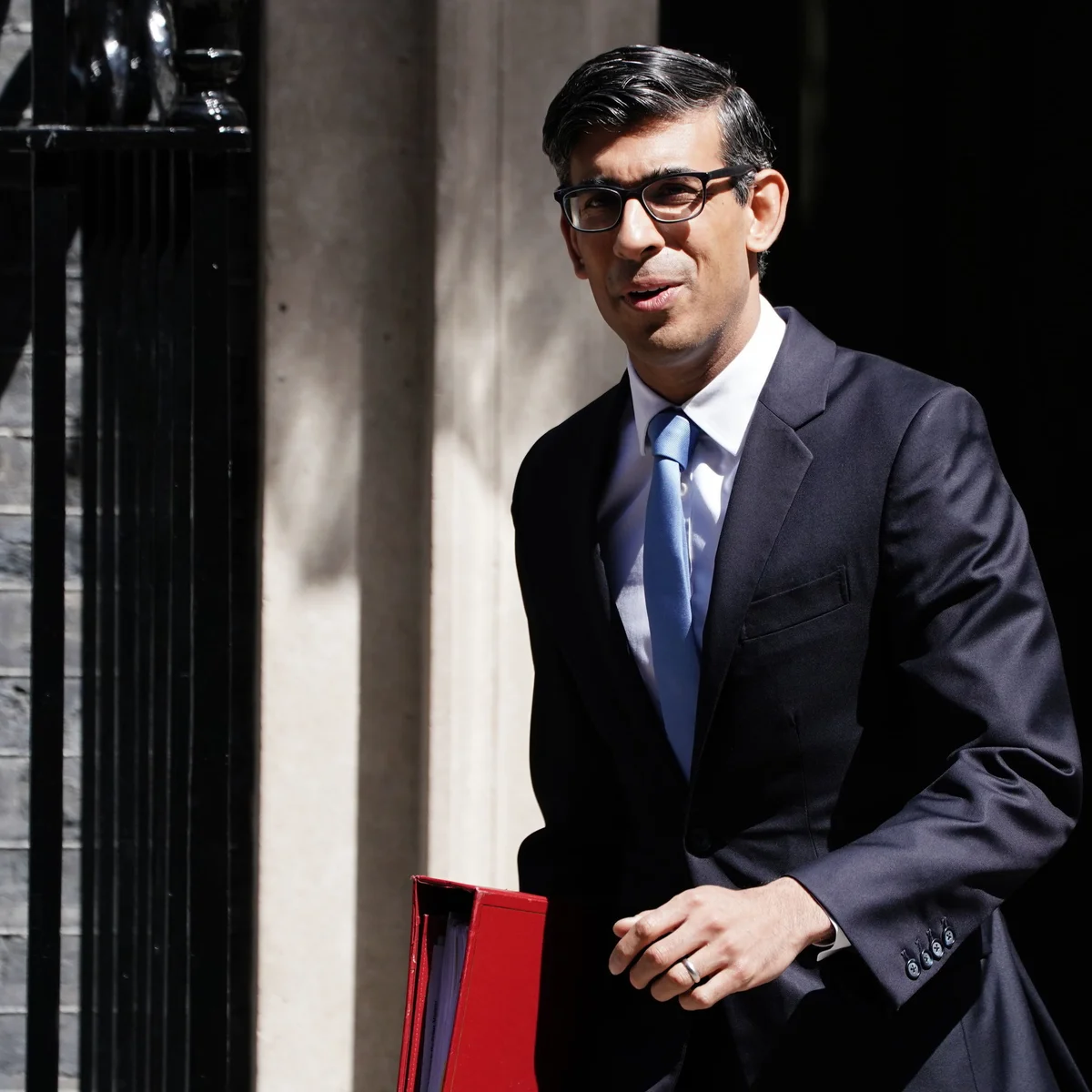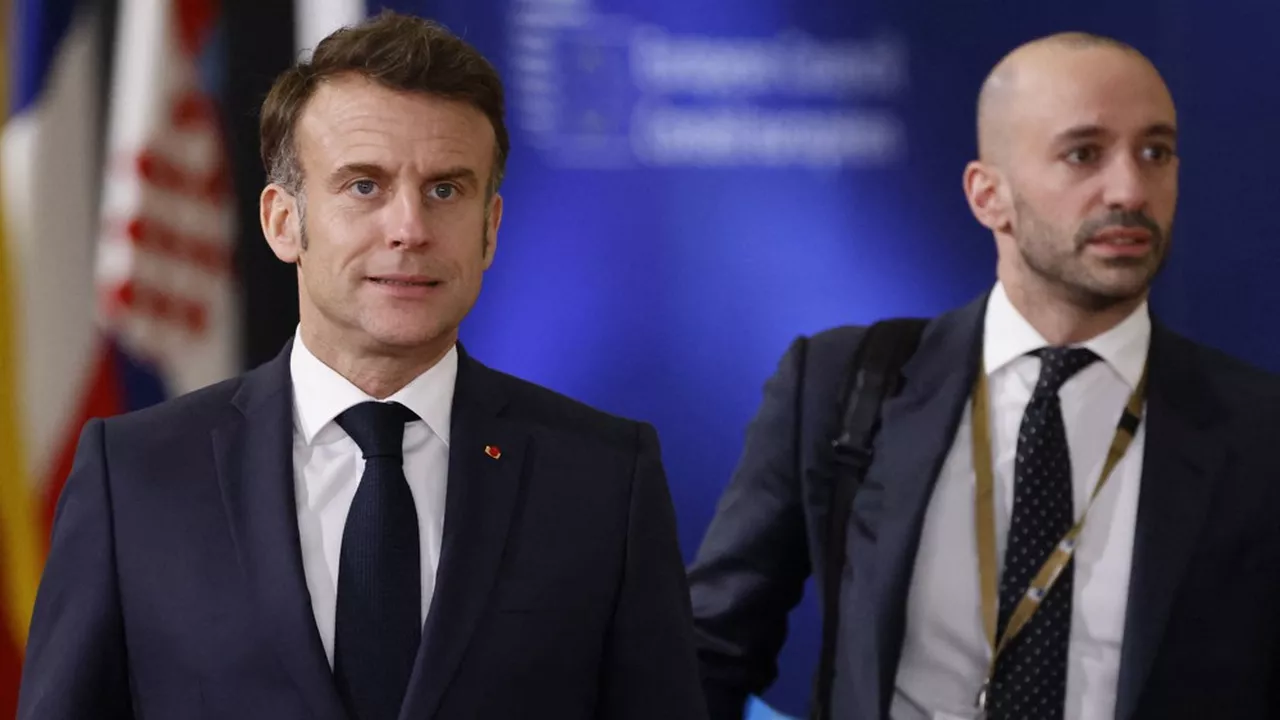UK Government’s Migrant Deal Faces Scrutiny as Tory Ministers Warn: 'Success Hinges on Lower Numbers'
Senior Conservative ministers warn that the UK’s controversial migrant relocation deal risks being seen as a failure if it doesn’t significantly reduce illegal crossings and asylum claims. The political future of the agreement hangs in the balance as migration numbers remain high and legal challenges persist.
The UK government is facing renewed political pressure over its high-profile migrant relocation deal, as senior Conservative ministers and backbench MPs warn that the agreement will be considered a failure unless it results in a meaningful reduction in illegal crossings and asylum seeker arrivals. With record-high migration figures dominating public discourse, the Conservative Party finds itself at a crossroads—caught between public expectations for swift action and legal, humanitarian, and diplomatic obstacles that continue to complicate implementation. The deal, signed with a foreign partner nation (widely believed to be Rwanda, though not always named directly in public documents), allows for the deportation of certain categories of asylum seekers who arrive in the UK via unauthorized routes.
The policy is intended to deter migrants from making dangerous journeys across the English Channel, often in overcrowded and unseaworthy boats operated by smuggling networks. A Deal Under the Microscope The policy was originally introduced by former Home Secretary Priti Patel and expanded under Prime Minister Rishi Sunak’s administration. Framed as a way to 'break the business model' of human traffickers and assert control over the UK’s borders, the migrant deal quickly became one of the most divisive policies in British politics.
Now, with legal removals still minimal and asylum backlogs growing, Conservative figures are growing restless. “If the numbers don’t come down, the public will rightly judge this policy to have failed,” said one senior Tory MP close to the Home Office. “It’s not about rhetoric—it’s about results.
People want to see fewer boats, fewer illegal entries, and a functional asylum system. ” The Numbers Game According to Home Office data, more than 45,000 people crossed the Channel in small boats in 2022, with over 28,000 more already reported in the first half of 2024. Despite repeated pledges to 'stop the boats,' the figures have shown little sign of substantial decline.
While government officials argue that progress is being made—pointing to increased enforcement, expanded patrols, and new cooperation agreements with France and other EU states—critics note that very few deportations under the new deal have actually taken place. As of mid-2024, fewer than 300 individuals had been processed for relocation, and many cases remain bogged down in legal appeals, human rights reviews, and logistical delays. Tory MPs Demand Accountability Several Conservative lawmakers, especially those representing 'Red Wall' constituencies, have begun voicing frustration.
These MPs worry that continued failures to curb illegal migration could cost the party dearly in the next general election. “If we promise action and then deliver excuses, voters will walk away,” said Jack Brookes, a Conservative MP from northern England. “We need to show that this policy is more than just headlines.
If that means changing the law to make deportations easier, then so be it. ”Some have even called for withdrawal from certain international agreements, such as the European Convention on Human Rights (ECHR), which has been cited in multiple court rulings that blocked or delayed removals. Legal and Ethical Hurdles The migrant deal has faced fierce opposition from human rights organizations, refugee advocates, and legal professionals, many of whom argue that the agreement violates domestic and international obligations to protect asylum seekers.
Earlier this year, the UK Supreme Court issued a landmark ruling questioning the legality of the removals, citing risks to migrants’ safety and fairness in the destination country’s asylum process. “The government is pursuing a policy that is not only legally dubious but morally bankrupt,” said Saria Malik, spokesperson for the Refugee Rights Network. “Seeking asylum is a human right.
You don’t deter desperation by punishing the desperate. ”Despite legal setbacks, the government has continued to pursue legal reforms aimed at streamlining removals and expanding ministerial authority over asylum policy. Public Opinion: Divided and Evolving Public sentiment on the issue of migration remains sharply divided.
While polling shows consistent concern over the number of people arriving via small boats, support for the relocation policy itself has weakened due to its perceived ineffectiveness. A recent Ipsos UK survey found that 61% of respondents believed the government was not doing enough to control illegal immigration, but only 38% supported the relocation agreement as it currently stands. Trust in the government’s ability to deliver on its immigration promises has declined steadily since 2022.
“People want strong borders, yes,” said political analyst Julia Marks. “But they also want competence and humanity. When the policy appears both cruel and ineffective, that’s a political liability.
” International Implications and Diplomatic Strain The policy has also strained the UK’s diplomatic relationships, particularly with the European Union and United Nations agencies. EU officials have criticized the UK’s 'outsourcing' of asylum responsibilities, while the UN Refugee Agency (UNHCR) has repeatedly raised concerns about the human rights conditions in destination countries. Meanwhile, the partner country receiving the deported migrants (again, widely believed to be Rwanda) has faced scrutiny over its own human rights record and capacity to handle large-scale asylum processing.
Multiple NGOs have questioned whether deported individuals will receive fair hearings and appropriate protections. Sunak’s Balancing Act Prime Minister Rishi Sunak has defended the deal as a “necessary deterrent,” arguing that without firm action, the UK’s asylum system will continue to buckle under the weight of illegal arrivals and processing delays. At the same time, he has sought to temper expectations and avoid the kind of political backlash that could derail his broader legislative agenda.
“We are committed to reducing illegal migration, but we must do so in a way that is lawful, humane, and effective,” Sunak said in a recent press briefing. “That means working with our partners, strengthening our border protections, and reforming our asylum laws. ”Still, insiders report growing tension within the Conservative Party as patience wears thin.
With general elections looming and right-wing challengers like Reform UK gaining ground, Sunak is under immense pressure to deliver tangible results—fast. Alternatives and Policy Options Some moderate Conservatives and policy experts have suggested alternative approaches, such as investing more heavily in faster in-country asylum processing, expanding legal migration pathways, and launching new public information campaigns aimed at reducing smuggling incentives. “There’s no silver bullet,” said Dr.
Michael Haynes, a migration policy advisor. “But we know that punitive policies alone don’t work. You need a comprehensive system—legal options, fair processing, border enforcement, and international cooperation.
The relocation deal was never going to fix it all. ” Conclusion: A Defining Test for Conservative Leadership As the months tick down toward the next general election, the migrant deal will remain a central—and highly polarizing—issue in UK politics. Its success or failure may ultimately define Rishi Sunak’s tenure and the Conservative Party’s future.
For many Tories, the metric of success is simple: numbers. “If the boats keep coming,” one MP said bluntly, “then we’ve failed. And the public won’t forget.
”.
24th july 2025



